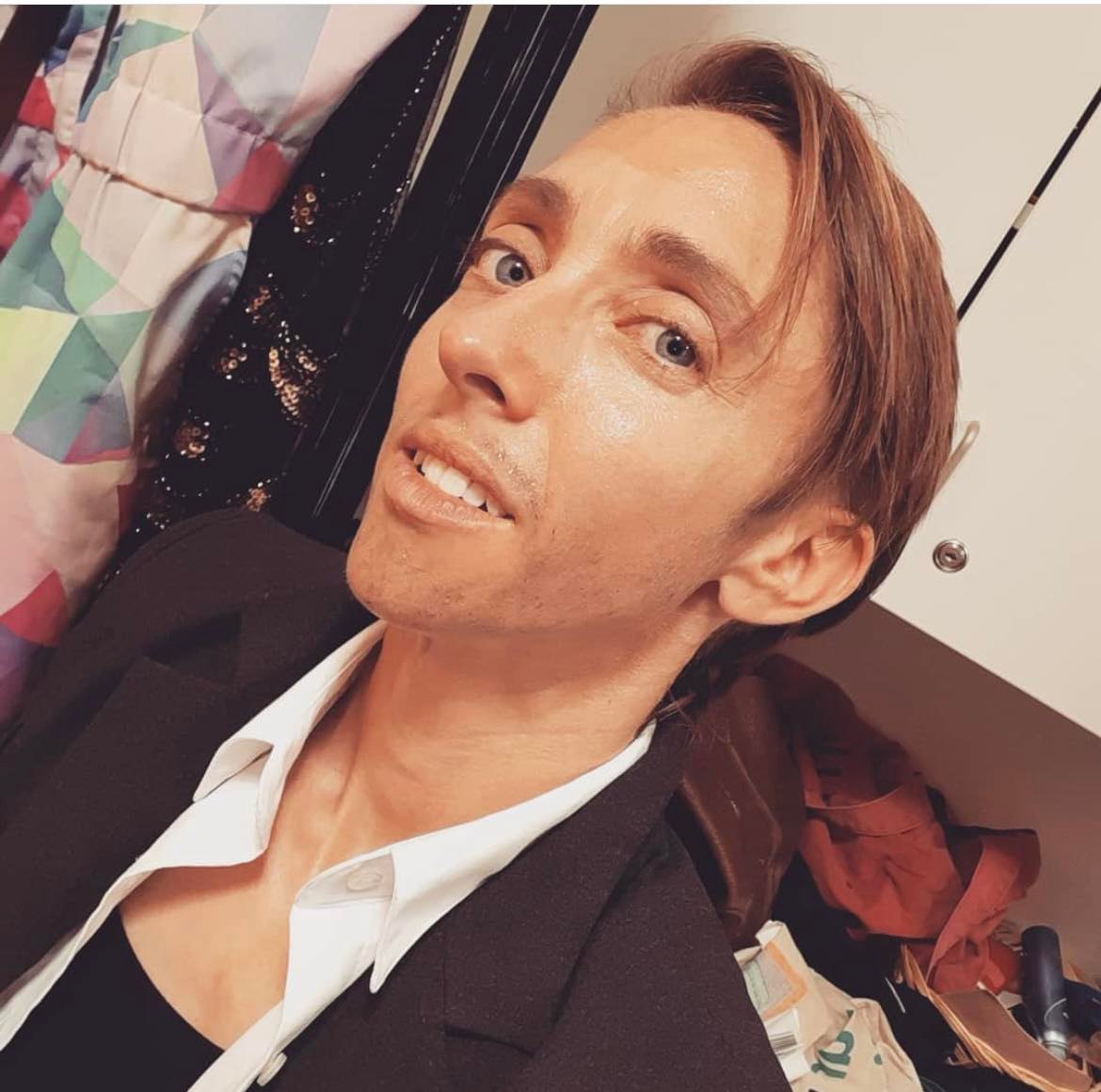OpEd By Guy Fox, guest contributor
Last year, I dressed up as Aladdin. I got to be part of a performance for a sold-out show that raised money for charity and provided entertainment to military families. My favorite number that I did was an homage to the “one jump ahead” scene from the Disney movie. I ran through the crowd and hid from my daughter (who was dressed as a guard) and plotted with my youngest child (who was dressed as Abu). I was limited in the number of costars, so we didn’t include any references to brothels (unlike the film). The audience loved it, and my children still talk about how much fun they had.
The other performers played roles that included a magical fairy, a disco legend, and an elegant diva. All of them had the rapt attention of the families who came to watch, and we basked in the glow of applause. Of course, we also interacted with them and did our best to make it a memorable afternoon.
One family in particular received special attention. We had been informed that they were celebrating a 16th birthday at our show, so we led the entire room in an enthusiastic rendition of “Happy Birthday,” surprised them with a gift bag, and generally tried to make the day as wonderful as possible. It was an epic success, in my opinion.
It was also a bit nerve-wracking. I say that not because of stage fright or a fear that we would forget our choreography; it was scary because we were performing in drag. It means that many people see us as a threat and will do their best to discourage our existence.
Every king and queen I’ve met understands that we are taking a risk when we perform at family shows. We know that powerful, very vocal people have done their best to equate being a drag performer with being dangerous to children. We know that we are under increased scrutiny. We choose our outfits and songs with care. We modify our dance moves so we are silly instead of sensual.
We do this because we believe it is worth it. It is worth putting a target on our backs so that we can make it safer and easier for the next generation. My fellow Queen, Patsy B. Ducklings, said it best: “Most of us never had that person that just by existing and being kind showed us that it’s okay to be who you are. [I]magine what it could mean for a kid’s future to experience that and maybe think back to this moment that assured and encouraged them to be authentically yourself. It’s a big responsibility on our part to represent that during a number or even a small conversation.”
This is important; research shows that one supportive person in an LGBTQ child’s life can improve mental health and decrease thoughts of suicide. We want all children to be safe. No child should feel alone or like there is no hope. They also should not need to worry that their trust will be broken by someone they look up to.
With that in mind, I would like to direct your attention to some resources that can help you talk with your child about how to recognize predatory behavior. Remember that predators are likely to be in a position of power, will use their power to keep children silent, and will depend on parents’ ignorance to continue the abuse.
If you are not comfortable talking with your child about these issues, please consider at least teaching them this rule: “If someone tells you to keep something secret and never tell any other adult, that means they know they just did something they shouldn’t have done. It’s a sign that you should definitely tell another grown-up. You can always tell me, but you can also tell a teacher or a doctor. They get special training about secrets and will know how to help.”
Drag is not predatory. Drag is a performance. And at its core, drag is a protest. It is a protest against the people that tell LGBTQ people to be afraid, to hide, to be quiet.
Honestly, I’m still afraid sometimes. I’m afraid that performing will make it easier for a hatefully violent person to recognize me and try to hurt me. I’m afraid that writing this will make it more difficult to hide or to blend in. But when I think about canceling my next performance, I remember that the people who hate me are also afraid.
They’re afraid the world is becoming more accepting. They’re afraid their children will become individuals instead of replicas of their own ideas. They get scared, and then they get loud. So, I’m following their example. I’m scared, but now I’m going to be loud, too.
Guy Fox is a drag performer and spouse of a service member at Ramstein Air Force Base. The opinions expressed are solely their own.


